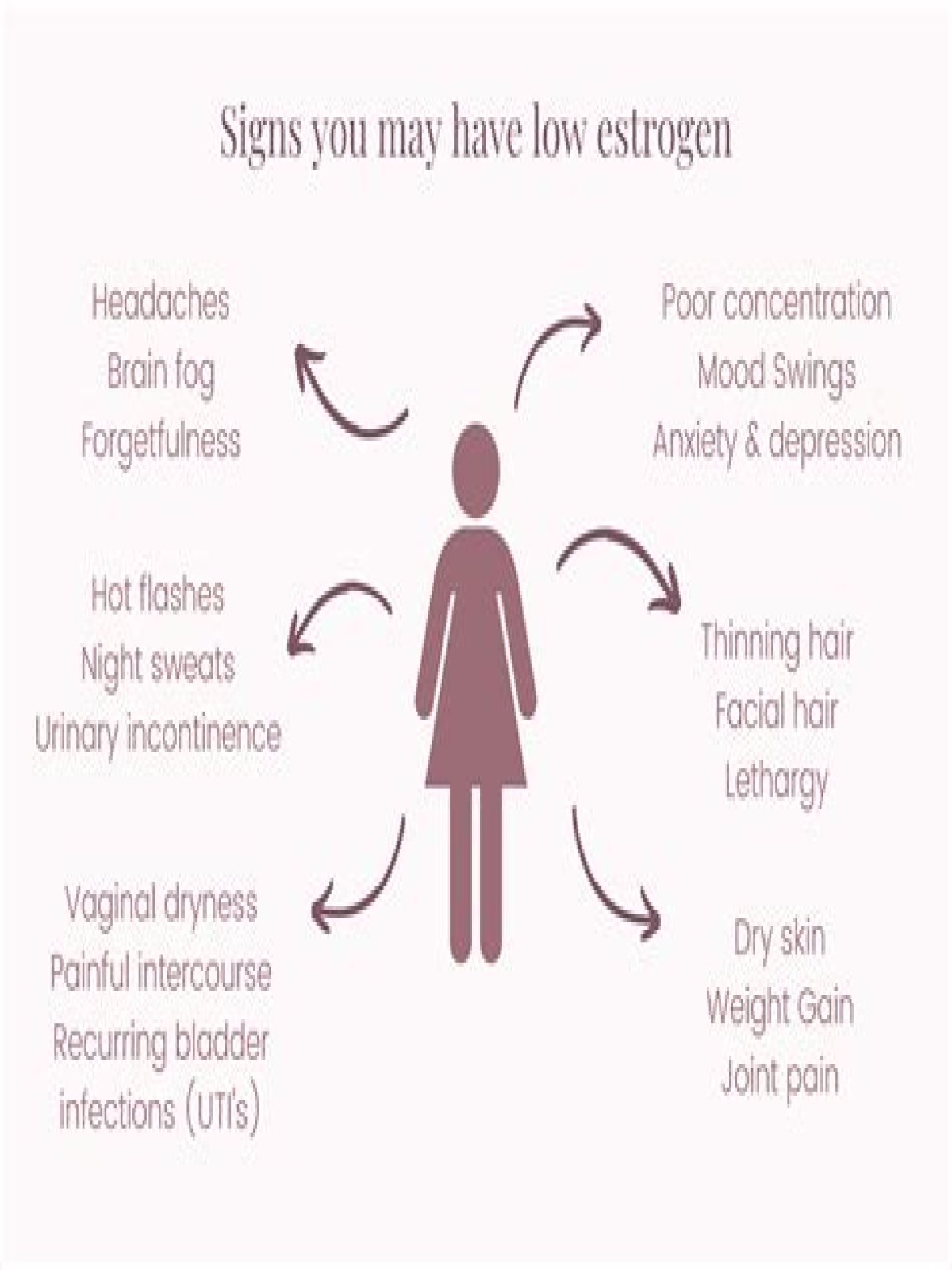Table of Contents
- Can a hormone imbalance cause psychosis?
- Can low estrogen cause mental illness?
- Does estrogen cause schizophrenia?
- Can low estrogen cause hallucinations?
- Can menopause make you psychotic?
- Can HRT help with psychosis?
- What does estrogen do to mental health?
- Can estrogen affect mental health?
- What hormone increases schizophrenia?
- Can too much estrogen cause psychosis?
- How does estrogen affect the brain?
- Can low progesterone cause psychosis?
- What are the early warning signs of psychosis?
- Which hormone is responsible for mental illness?
- How does estrogen affect behavior?
- What does low estrogen feel like?
- Can a hormone imbalance cause intrusive thoughts?
- Does low estrogen cause anxiety?
- How does low estrogen affect behavior?
- What is menopausal psychosis?
- Does estrogen stop schizophrenia?
- Can menopause cause paranoid delusions?
- Can menopause make you mentally unstable?
- Can menopause cause irrational behavior?
Can a hormone imbalance cause psychosis?
(June 11, 2019) Estrogen, a hormone that promotes the development of female characteristics, is hypothesized to be protective for psychotic symptoms. Conversely, reductions in estrogen have been shown to worsen or precipitate psychosis.Can low estrogen cause mental illness?
Low estrogen levels can lead to irritability, anxiety, and depression.Does estrogen cause schizophrenia?
Taken together, these findings indicate that low estrogen levels may leave the brain vulnerable to insult or age-related changes, leading to development of schizophrenia or increased symptom severity, and could explain the observed differences in disease onset and severity between males and females.Can low estrogen cause hallucinations?
There are women with traditional, early-onset schizophrenia whose hallucinations become more or less vivid in concert with their hormonal cycles, and women who become suddenly and dramatically psychotic — or catatonic or suicidal — when their estrogen plummets in the weeks after childbirth.Can menopause make you psychotic?
Menopause and schizophreniaResearch has shown that a reduction in oestrogen can trigger or aggravate mental health problems, including psychotic conditions.
Can HRT help with psychosis?
Psychosis in menopausal and postmenopausal women has been successfully treated with estrogens and selective estrogen-receptor modulators, mainly raloxifene, in addition to antipsychotics. Some symptoms appear to respond better than others.What does estrogen do to mental health?
Estrogen acts everywhere in the body, including the parts of the brain that control emotion. Some of estrogen's effects include: Increasing serotonin, and the number of serotonin receptors in the brain. Modifying the production and the effects of endorphins, the "feel-good" chemicals in the brain.Can estrogen affect mental health?
It is well known that estrogen affects depression and anxiety. 2 Women who are in their peak estrogen-producing years or transitioning to menopause tend to be affected by these disorders more often than either men or postmenopausal women.What hormone increases schizophrenia?
Several lines of evidence point to a major role for estrogen in schizophrenia: The female sex hormone estrogen has important effects on chemical signals in the brain. These signals go haywire in schizophrenia.Can too much estrogen cause psychosis?
Psychotic episodes are more often during periods of estrogen withdrawal, (e.g. the menstrual phase of the menstrual cycle, post-partum, following cessation of estrogen therapy, and postmenopause). Reduced relapse rates have been observed in women during pregnancy, when plasma estrogen levels are high (12, 18).How does estrogen affect the brain?
Estrogen facilitates higher cognitive functions by exerting effects on brain regions such as the prefrontal cortex and hippocampus. Estrogen induces spinogenesis and synaptogenesis in these two brain regions and also initiates a complex set of signal transduction pathways via estrogen receptors (ERs).Can low progesterone cause psychosis?
Progesterone levels were inversely associated with the severity of positive symptoms (p = 0.007). Consistent with preclinical findings, results suggest that progesterone might have a role in the pathophysiology of psychotic disorders.What are the early warning signs of psychosis?
Early warning signs before psychosis
- A worrisome drop in grades or job performance.
- Trouble thinking clearly or concentrating.
- Suspiciousness or uneasiness with others.
- A decline in self-care or personal hygiene.
- Spending a lot more time alone than usual.
- Strong, inappropriate emotions or having no feelings at all.
